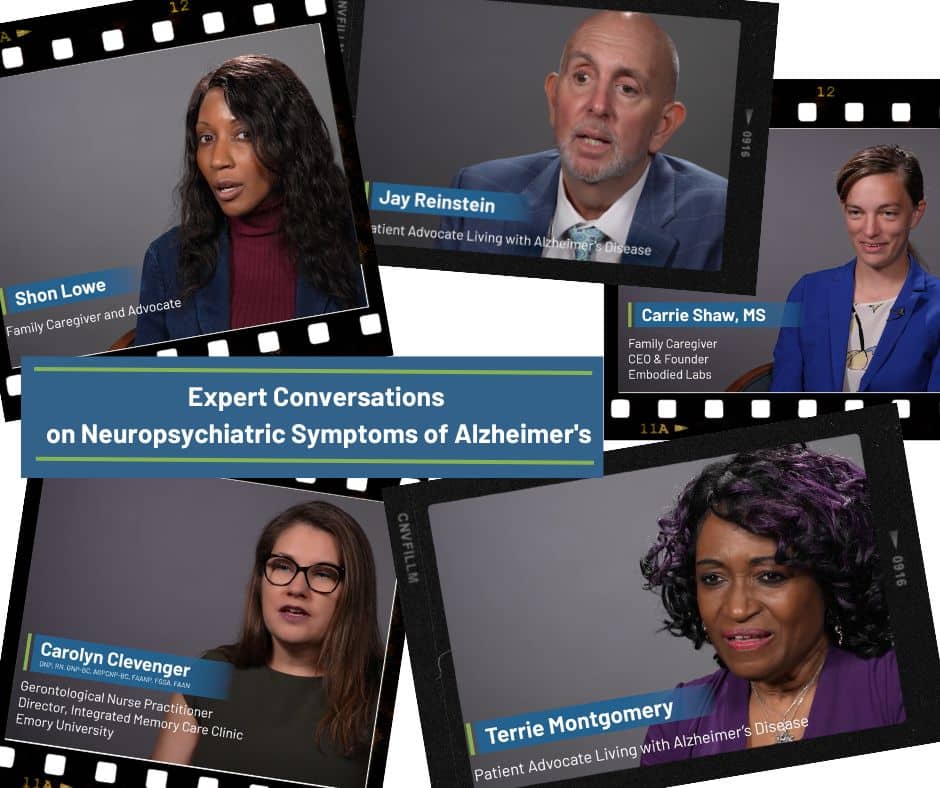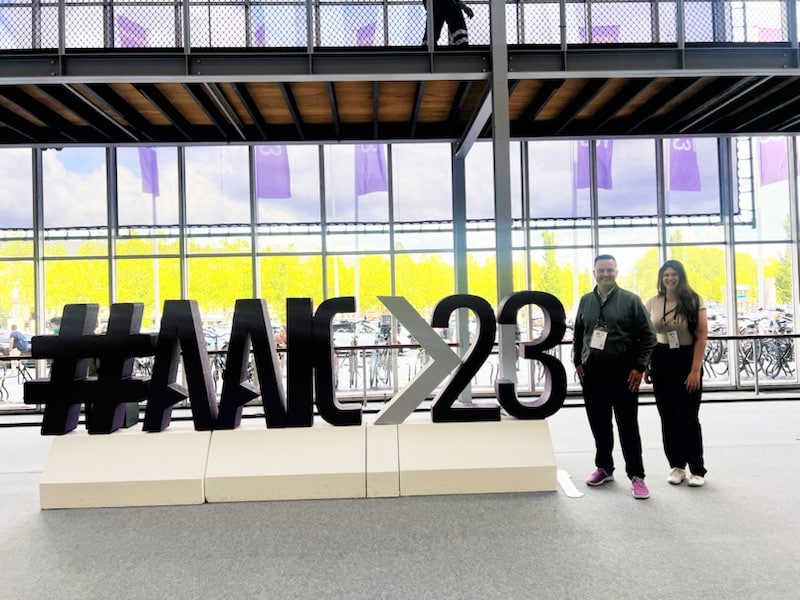
By Ian Kremer
Executive Director, Leaders Engaged on Alzheimer’s Disease (LEAD Coalition)
If you are looking for optimism, this blog post is not for you. But, if you are looking for a real view on the current state of living with dementia, during both the COVID-19 pandemic and racism pandemic, you’ve come to the right place.
No one ever said that people living with dementia and their care partners had it easy. In fact, the de facto bible for dementia care partners is a book called “The 36-Hour Day.” Dementia is a master class in physical, psychological, financial, and spiritual challenge. It is a logistical nightmare. It isn’t episodic, with periods of remission granting much needed breaks of months or years before a possible (but not certain) relapse. No, for many people facing dementia, it is a tortuously enduring and unrelenting decline. It also isn’t a steady, predictable decent. It is marked by seemingly sudden, precipitous plummets from one level of loss to the next. Just when you think you may be figuring out how to cope, you fall off another ledge.
Everything about dementia is, at minimum, enormously and unreasonably difficult. Getting a diagnosis. Confronting stigmas and myths. Finding support services. Balancing other responsibilities. Navigating relationships with family, friends, neighbors, co-workers, and strangers (sometimes including law enforcement). Getting appropriate medical care, financial planning support, and just basic levels of respect from people who see what you are facing but instead of offering help, they weigh in with judgment. And you are expected to bear it all, turn the other cheek, keep going, and be grateful for whatever silver lining people say you should be focus on rather than the terrifying storm inside the dark cloud of dementia.
COVID-19 and the Dementia Pandemic
Then the COVID-19 pandemic comes along, and it all gets harder.
Every resource that had gotten you through months or years of struggle suddenly disappears. Dementia made in-person doctor visits hard, but now medical offices are closed, and telemedicine is not built for people with cognitive impairment or exhausted care partners. Getting a loved one with dementia to an adult day program often was a struggle but a welcome respite (for both of you). Now the day program is closed and may not re-open as both nonprofits and local governments face massive budget cuts. The limited number of hours of home health aide support were slowly but surely were bankrupting you, but they allowed you to continue working and made sure the person with dementia was both safe and receiving proper support. Now letting that care worker into the home feels like an unreasonable risk for your family and an unfair risk to ask the care worker to take.
If your loved one with dementia has to go to the hospital or lives in a residential care facility, the risks of COVID-19 exposure, infection, and possibly death consume you with uncertainty, fear, and guilt. Most hospitals and residential care facilities lack appropriate supplies of personal protective equipment (PPE) even for their own employees, much less for care partners, so they call you “visitors” and prevent you from contributing your hard-earned expertise as a member of the care team. That intensifies the likelihood that your loved one living with dementia will be failed by the overwhelmed care staff, that their wants and needs will not be met, that their possible COVID-19 symptoms will go undetected for too long, that they will be subjected to brutally long periods of isolation that deepen their depression and accelerate their cognitive decline, that they may die alone, and that family will be denied an opportunity to grieve and provide the expected spiritual or religious last rights.
None of it–none of it–has to be this way.
Decades before the COVID-19 pandemic, the dementia pandemic raged out of control. Public investments lagged woefully both in services to support and improve quality of life for people facing dementia, and in the science needed to prevent, slow, treat, and cure the diseases that cause dementia. As grateful as we are for the enormous scientific investments made by Congress in dementia science in recent years, it didn’t happen soon enough to prevent or contain the dementia pandemic.
The Racism Pandemic
Both the COVID-19 pandemic and the dementia pandemic disproportionately attack people of color. People of color are much more likely than non-Hispanic whites to have dementia, to have inadequate access to support services and necessary medical care, to be impoverished by the financial strains of family caregiving, and to be stigmatized by the wider societal prejudices about dementia. Social determinants such as the family we are born into, our sex, our race and ethnicity, and our level of education and financial resources play a significant role in health outcomes. Systemic racism and violence are, not surprisingly, major barriers to health equity.
People of color also are disproportionately considered essential workers during the COVID-19 pandemic and expected–really, required–to work without adequate PPE and often in support of people who are not following basic public health safety measures such as social distancing and wearing a face mask. Like the rest of us, people of color need to wear face masks because of COVID-19 but, unlike the rest of us, when people of color wear face masks, their reward for being smart and responsible is a magnified risk of being targeted with more racially motivated pain and suffering.
I am angry that we have come to this low point, and you ought to be angry too. If we all are angry together, we will act together to stop dementia, COVID-19, and institutional racism and the bigotry at its core. If you want optimism, stopping reading and do something tangible to contribute to building the more perfect union envisioned in the Preamble to our Constitution.
Learn more about the LEAD Coalition
The Alliance for Aging Research is working to help older adults during the COVID-19 crisis. Click here for resources to help you stay informed and ways for you to get involved.





